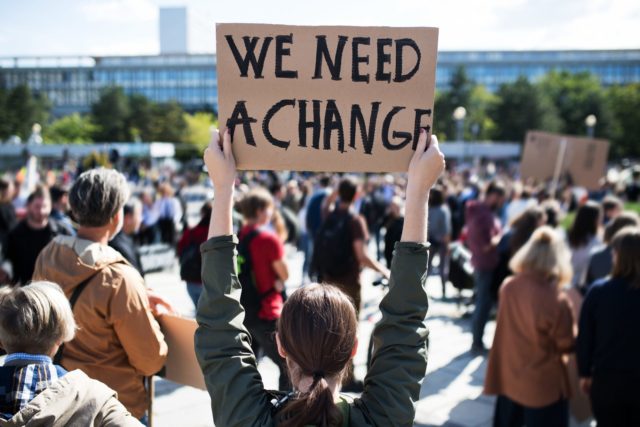In fact, in my experience, two weeks with both at full pay is often seen as a relatively generous offering by a company to an employee.
But in 2021, doesn’t that feel a little…outdated?
We’re talking about one of the most wonderful, sleepless, chaotic, challenging, stressful, sleepless, confusing, amazing, sleepless, beautiful moments in your life, when you get to welcome a new life and member of your family into the world.
As we approach the birth of my second child in January, two weeks just doesn’t seem enough.
Especially since we spent the first week of my first child’s life in the fluorescent glare of the labour ward as he recovered from a Strep-B infection. That gave us only one week to try to find some sort of rhythm in our crazy new lives together before I was off to work again, leaving my wife to navigate most of the ‘firsts’ as a solo parent.
And while there will be fewer ‘firsts’ the second time around, there will be added complications to contend with in the form of our 2-and-a-half-year-old, Isaac, and how his own routine and sense of self will be disrupted by the new kid on the block.

Hallam’s policy
I’m pleased to say that whatever chaos is about to befall us, my wife and I will have more time to face it together thanks to Hallam’s improved parental leave policies.
Our new policies give equal leave to both mums and dads, meaning I can take eight weeks at full pay, with further 10 weeks at 50% pay, should I want to. I can take it all at once or in smaller blocks throughout the year.
This certainly gives both of us a little more peace of mind, and means I will be able to spend much more real quality time with our new son or daughter that I otherwise would have missed in those first weeks when they change so much.
The benefits
The benefits to new parents of being able to take more time off following the birth of a child are well documented: a stronger relationship with your partner, more time to bond with the child and benefits to the health of the mother, too. In fact, one study found that women whose partners took no paternity leave were more likely to show signs of feeling unwell after three months, and were less likely to show signs of postnatal depression.
But there are also benefits to the business, which a growing number of organisations are realising and buying into, such as attracting and retaining better talent, fewer mental health issues due to stress and burnout, and employees feeling valued and appreciated in the office.
As an expectant father, I’m certainly grateful to my employer for being ahead of the curve on this issue, and that gratitude is likely to manifest itself in one form or another – be it long term loyalty or other forms of employee advocacy.
Equal Parental Leave is just one of Hallam’s improved policies that look to support employees at challenging times. One of our most recent is a policy that gives parents time off in the event of a miscarriage. Through the sharing of these policies, we hope to spread the message and see other employers and their teams start to see the benefits of putting people first.
Want to know more about our policies? Take a look at our Hallam Cares content.







